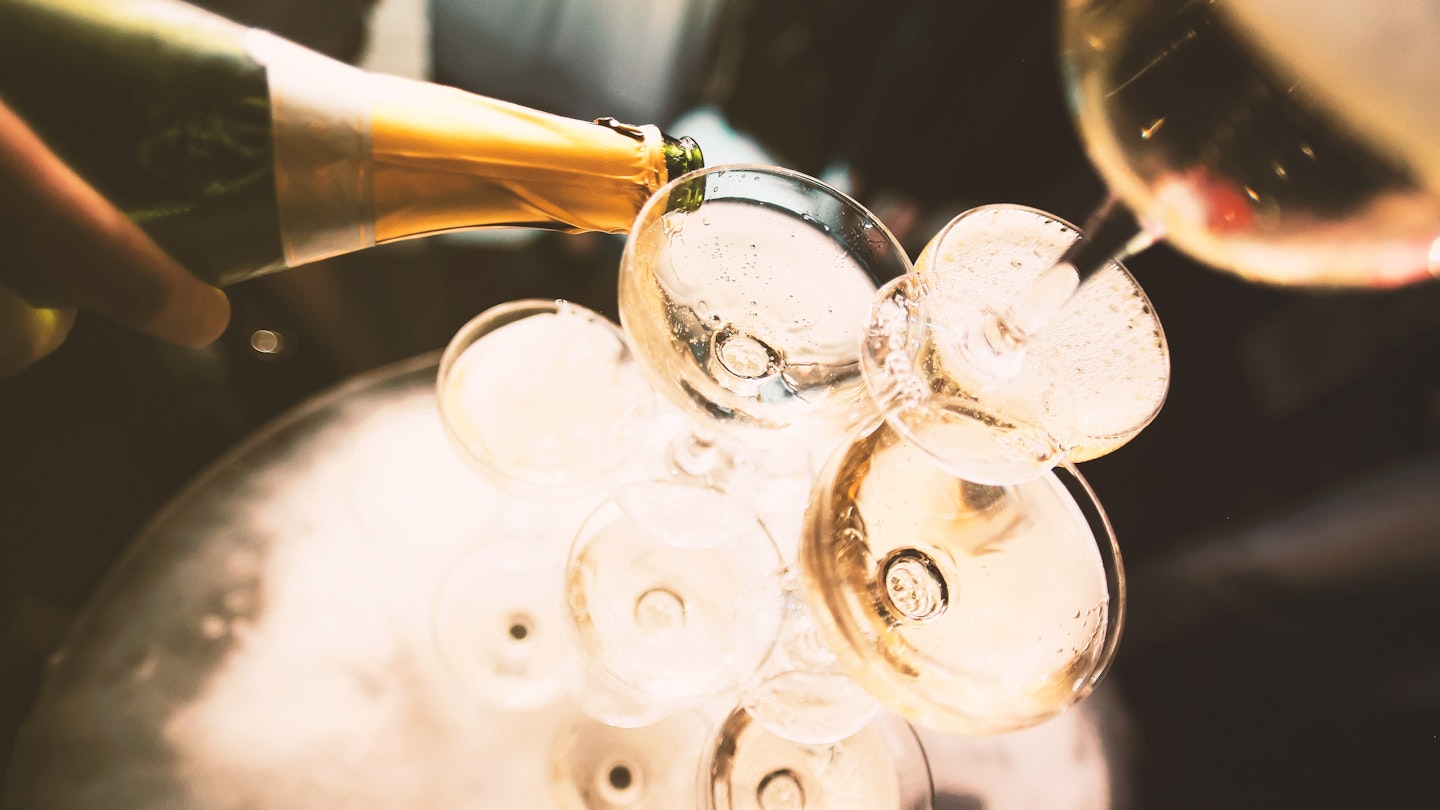- Home|
- Mum|
- Postpartum
Scientists claim drinking champagne EVERY DAY ‘could help prevent dementia and Alzheimer’s’
Not that any of us need an excuse to reach for that extra glass at this time of year, but in news that offers hope and baffles plenty, scientists have found that drinking three glasses of champagne every day can help prevent the onset of dementia and Alzheimer’s.
Apparently, a compound found in pinot noir and pniot meunier, the black grapes used to make champagne, can ward off brain diseases and increase spatial memory.
Professor Jeremy Spencer, one of the scientists involved in the experiment at Reading University, told the Mail on Sunday that ‘the results were dramatic’. The test involved rats and according to Spencer ‘illustrates for the first time that moderate consumption of champagne has the potential to influence cognitive functioning, such as memory.’ The scientists are hoping to continue the test by doing trials on pensioners.
A spokesman for the Alzheimer’s Society said the results were interesting, but that ‘a lot more research is needed.’
Just so you know, whilst we may receive a commission or other compensation from the links on this website, we never allow this to influence product selections -
read why you should trust usHow we write our articles and reviews
Mother & Baby is dedicated to ensuring our information is always valuable and trustworthy, which is why we only use reputable resources such as the NHS, reviewed medical papers, or the advice of a credible doctor, GP, midwife, psychotherapist, gynaecologist or other medical professionals. Where possible, our articles are medically reviewed or contain expert advice. Our writers are all kept up to date on the latest safety advice for all the products we recommend and follow strict reporting guidelines to ensure our content comes from credible sources. Remember to always consult a medical professional if you have any worries. Our articles are not intended to replace professional advice from your GP or midwife.
